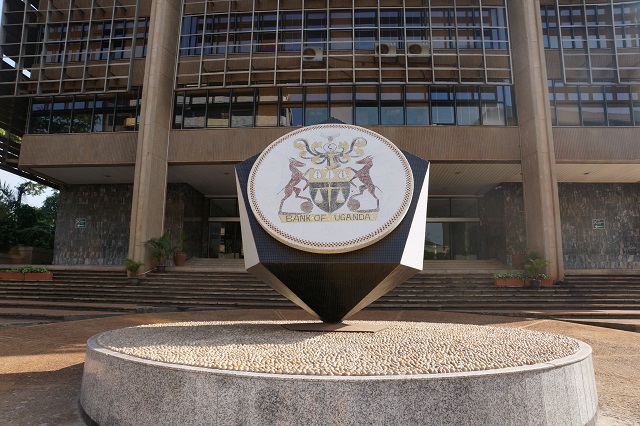The recent theft of UGX 60 billion from the Bank of Uganda (BOU) has become a national flashpoint, with investigators narrowing their focus on potential insider involvement.
As the central bank reels from this unprecedented breach, the scandal has sparked widespread debate about institutional weaknesses and the culture of accountability within one of Uganda’s most trusted institutions.
Early findings suggest the heist was not the work of rogue outsiders but a coordinated operation likely involving employees and contractors with privileged access to BOU’s systems. Investigators believe only individuals with detailed knowledge of internal procedures, including bypassing security protocols and exploiting system vulnerabilities, could have executed the theft.
Anonymous sources within BOU have revealed that some employees were flagged in the past for suspicious behavior but faced no significant consequences, reflecting a broader culture of impunity. “This kind of theft couldn’t happen without people on the inside,” said a source familiar with the investigation.
The heist has highlighted serious flaws in BOU’s operations, from outdated security measures to opaque processes. Critics argue that the bank’s leadership has long neglected warnings about these vulnerabilities, allowing systemic weaknesses to fester.
Civil society organizations have seized the moment to push for greater transparency and accountability, calling for a full forensic audit of the bank’s operations. They warn that without immediate reforms, BOU risks losing public confidence and further exposing Uganda’s financial system to exploitation.

The scandal has sent shockwaves through Uganda’s financial sector, with citizens and investors questioning the integrity of the institution meant to oversee the nation’s economy. “If the central bank itself can lose this much money, what does that say about the safety of other financial institutions?” asked an industry expert.
BOU’s failure to prevent such a large

scale heist has also sparked fears of a ripple effect, potentially eroding trust in commercial banks and destabilizing Uganda’s economic environment.
In the wake of the scandal, the government has vowed to hold those responsible accountable and implement reforms to strengthen oversight. However, skepticism remains high, with many Ugandans questioning whether the culprits especially those in high-ranking positions—will face justice.
This heist, the largest in Uganda’s history, has become a defining moment for the Bank of Uganda. It has exposed vulnerabilities and raised uncomfortable questions about the institution’s capacity to uphold its mandate of safeguarding the nation’s financial integrity.
The outcome of this investigation will not only determine the fate of the missing UGX 60 billion but also shape the future of Uganda’s financial system and its ability to withstand corruption from within.

